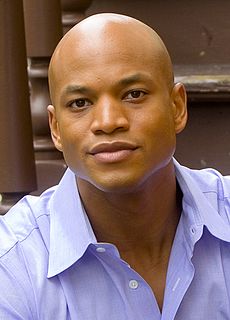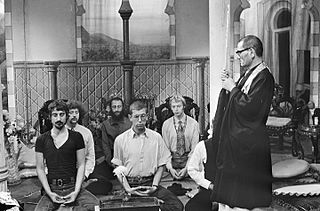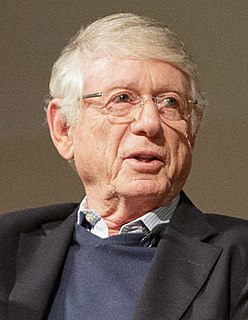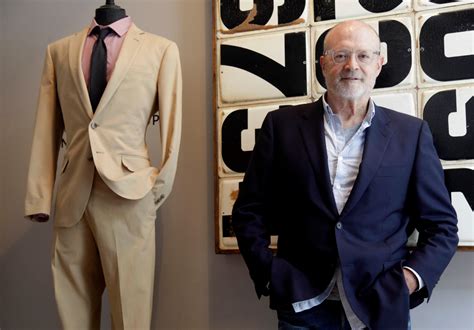A Quote by Tilda Swinton
How do we identify ourselves, and how do we settle into other people's expectations for our identity?
Related Quotes
How do we define, how do we describe, how do we explain and/or understand ourselves? What sort of creatures do we take ourselves to be? What are we? Who are we? Why are we? How do we come to be what or who we are or take ourselves to be? How do we give an account of ourselves? How do we account for ourselves, our actions, interactions, transactions (praxis), our biologic processes? Our specific human existence?
Do you think that we're products of our environments? I think so, or maybe products of our expectations. Others' expectations of us or our expectations. I mean others' expectations that you take on as your own. I realize how difficult it is to seperate the two. The expectations that others place on us help us form our expectations of ourselves.
I still work that expectation/disappointment cycle all the time. I think it is part of the human nature and I think the most important thing is not to judge it. We are human and we do have expectations and a lot of our expectations are often not met. It is a process of learning how to be kind and compassionate and loving to ourselves when we don't get the things we want when people, circumstances, and opportunities don't match our expectations.
I think that our work and our music stands on its own without this knowledge about our identity around it. But I also think that we very consciously decided not to hold back that part of ourselves, but to be very vocal about who we are, kind of what experiences we've had in life, and how we identify.
Behavior influences consciousness. Right behavior means right consciousness. Our attitude here and now influences the entire environment: our words, actions, ways of holding and moving ourselves, they all influence what happens around us and inside us. The actions of every instant, every day, must be right...Every gesture is important. How we eat, how we put on our clothes, how we wash ourselves, how we go to the toilet, how we put our things away, how we act with other people, family, wife, work - how we are: totally, in every single gesture.




































